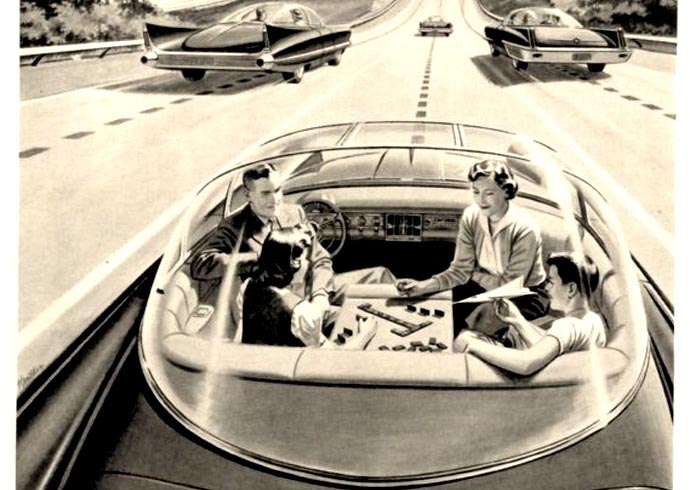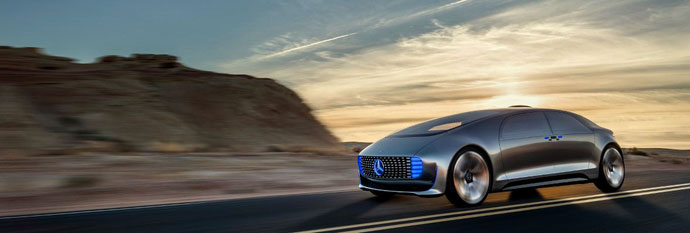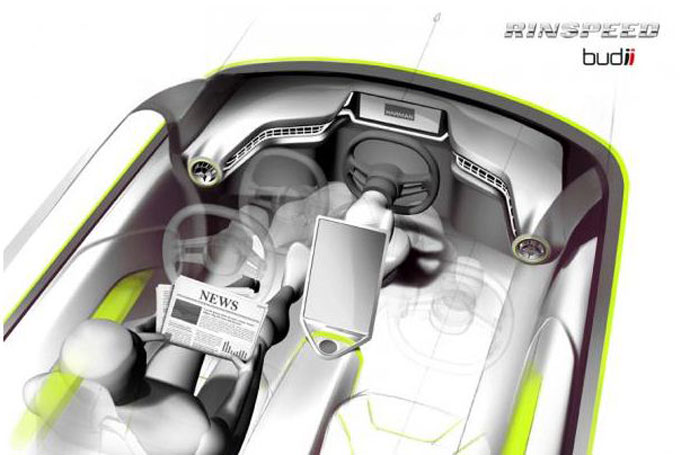Germany is to unveil the world’s first section of public road dedicated to driverless cars.

Germany is to adapt the A9 for use by driverless cars
German car manufacturers do not intend to rely on Google for driverless car technology ,” Germany’s Transport Minister Alexander Dobrindt told Frankfurter Allgemeine Zeitung. “We must guard against the monopolization of the data. We must create for ourselves a digital sovereignty, regardless of the Americas and Asia.”
Dobrindt announced that a portion of the A9 road between Berlin and Munich will be equipped for autonomous vehicle testing later this year. Infrastructure will be added to aid vehicle-to-vehicle communication, including provision of radio frequencies so the cars can chat with one another.

The F-015 is how Mercedes imagines the driverless car of the future
The advent of autonomous cars has the potential to reduce congestion, emissions, fuel costs and, most importantly, road deaths – the World Health Organisation estimates that over one million people are killed each year on the roads. The idea of using driverless ‘crash-proof’ cars to address these problems might seem fanciful, but the most significant barrier to their successful introduction is likely to be cultural rather than technological.

Reading a newspaper at the wheel: More relaxing for you and safer for others
Driverless cars
The lightning speed of recent technical developments has enabled prototypes, including the Google car, to cover hundreds of thousands of kilometres in ‘driverless’ mode – advances that not only promise safer roads, but force us to redefine our relationship with the automobile.
According to the founder of Swiss car company Rinspeed, Frank Rinderknech,: “Until now, what we have primarily associated with auto mobility was freedom and individuality. And – consciously or unconsciously – we are prepared to pay a high price in many regards for these privileges. We need only look at the accident statistics.”
There is a sense of inevitability about a change to autonomous driving, but any such change is likely to be gradual. Britain’s most popular car, the Ford Focus, is now offered with a self-parking feature – an optional extra that takes control of the steering to execute a perfect parallel park – but taking an entirely passive role for the entirety of a journey represents a seismic change in our relationship with our car.
The ethical choice
The ETA was established in 1990 as an ethical provider of green, reliable travel services. Over 30 years on, we continue to offer cycle insurance , breakdown cover and mobility scooter insurance while putting concern for the environment at the heart of all we do.
The Good Shopping Guide judges us to be the UK’s most ethical provider.

0 Comments View now